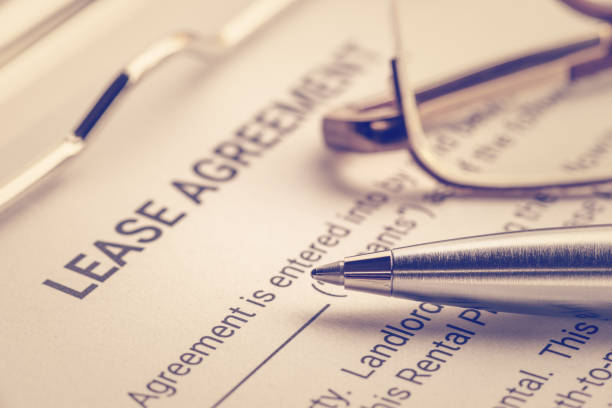In Virginia, lease contract agreements function as the building blocks for the property owner-renter connection, offering lucidity and lawful security for both functions. Even so, moving the lawful scenery of virginia lease agreement demands a thorough comprehension of Virginia’s regulations.
1. Virginia Property owner-Renter Respond: Fully familiarize yourself with the Virginia Home Landlord and Tenant Work (VRLTA), which governs most residential hire agreements in the condition. The VRLTA outlines the legal rights and obligations of property owners and tenants, covering regions such as safety deposit, rent increases, and eviction methods.
2. Stability Down payment Limits: Virginia imposes boundaries on protection build up, letting landlords to charge up to two months’ lease for unfurnished components and up to four months’ hire for furnished qualities. Property owners must also offer renters with a created supply of any pre-existing damages upon move-in.
3. Rent payments Payment Regulations: While Virginia regulation does not control hire quantities or increases, lease contracts should clearly outline for you lease payment terms, such as the thanks time, satisfactory repayment approaches, as well as applicable later fees.
4. Habitability Specifications: Property owners in Virginia are needed to keep hire properties within a habitable problem, making sure crucial utilities (e.g., home heating, domestic plumbing) have been in working get. Tenants have the authority to require repairs for almost any habitability problems, and property owners must tackle these problems quickly.
5. Recognize Requirements: Both landlords and tenants must comply with distinct notice specifications when terminating a rent or producing adjustments towards the tenancy. As an example, property owners must offer tenants with created discover well before going into the leasing property, apart from in urgent matters.
6. Eviction Treatments: In instances where renters violate the lease contract contract, property owners must follow Virginia’s eviction procedures, which usually require offering renters with written notice and getting a courtroom buy for eviction.
7. Discrimination Legal guidelines: Landlords must comply with federal and state acceptable housing laws and regulations, which prohibit discrimination depending on variables such as race, religion, impairment, and familial standing.
8. Legitimate Support: If you deal with legalities linked to your lease arrangement, take into account seeking aid from an experienced legal professional who concentrates on property owner-renter regulation to guarantee your rights are guarded.
9. Papers Every little thing: To minimize disagreements, papers all conversation and purchases related to the lease deal, such as maintenance, rent obligations, and notices traded involving the events.
10. Mediation and Dispute Solution: In case there is a question from a property owner and renter, consider mediation or substitute dispute solution ways to resolve concerns away from the courtroom, promoting a quicker and less high priced quality.
By knowing the legal platform encircling Virginia lease contract contracts and following appropriate legal guidelines, landlords and renters can foster a good and certified hire encounter.



